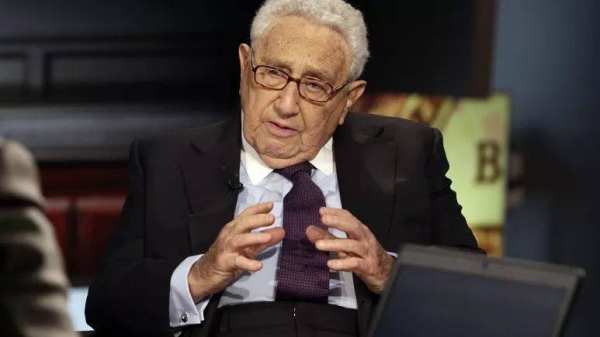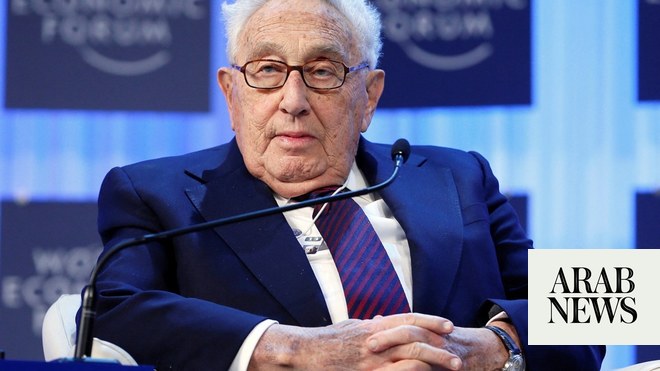
Ronald Reagan’s longtime secretary of state, George P Shultz, who spent most of the 1980s trying to improve relations with the Soviet Union and forging a course for peace in the Middle East, has died. He was 100.
A titan of American academia, business and diplomacy, Shultz died Saturday at his home on the campus of Stanford University, according to the Hoover Institution, a thinktank where he was a distinguished fellow.
Shultz held three major cabinet posts in Republican administrations during a long career of public service. He was labor secretary and treasury secretary under Richard Nixon before spending more than six years as Reagan’s secretary of state. Shultz was the longest serving secretary of state since the second world war and had been the oldest surviving former cabinet member of any administration.
Condoleezza Rice, also a former secretary of state and current director of the Hoover Institution, said in a statement that Shultz “will be remembered in history as a man who made the world a better place”.
As the nation’s chief diplomat, Shultz negotiated the first-ever treaty to reduce the size of the Soviet Union’s ground-based nuclear arsenals. The 1987 accord was a historic attempt to begin to reverse the nuclear arms race.
After the October 1983 bombing of the marine barracks in Beirut that killed 241 soldiers, Shultz worked tirelessly to end Lebanon’s brutal civil war in the 1980s. He spent countless hours of shuttle diplomacy between mideast capitals trying to secure the withdrawal of Israeli forces there.
The experience led him to believe that stability in the region could only be assured with a settlement to the Israeli-Palestinian conflict, and he set about on an ambitious but ultimately unsuccessful mission to bring the parties to the negotiating table.
Former secretary of state Henry A Kissinger, reflecting in his memoirs on the “highly analytic, calm and unselfish Shultz,” paid Shultz an exceptional compliment in his diary: “If I could choose one American to whom I would entrust the nation’s fate in a crisis, it would be George Shultz.”
Over his lifetime, Shultz succeeded in the worlds of academia, public service and corporate America, and was widely respected by his peers from both political parties. He was awarded the nation’s highest civilian honor, the presidential medal of freedom, in 1989.
Shultz had largely stayed out of politics since his retirement, but had been an advocate for an increased focus on climate change. He marked his 100th birthday in December by extolling the virtues of trust and bipartisanship in politics and other endeavors in a piece he wrote for the Washington Post.
Coming amid the acrimony that followed the November presidential election, Shultz’s call for decency and respect for opposing views struck many as an appeal for the country to shun the political vitriol of the Trump years.
“Trust is the coin of the realm,” Shultz wrote. “When trust was in the room, whatever room that was – the family room, the schoolroom, the locker room, the office room, the government room or the military room – good things happened. When trust was not in the room, good things did not happen. Everything else is details.”












